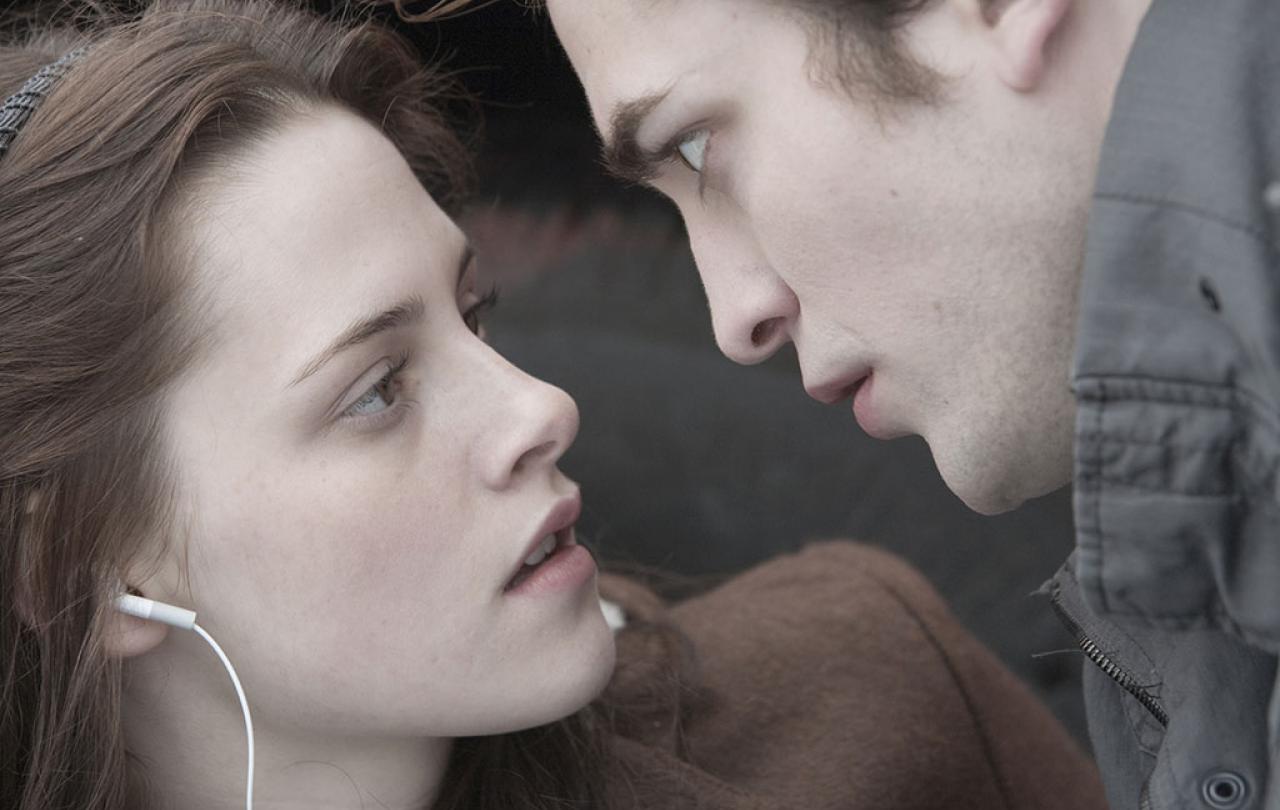Heading into an intense summer of World War Two remembrance, with May’s commemoration of the 80th anniversary of VE Day followed by marking the end of war in the Far East in August, it is remarkable how well the essentially Edwardian model of honouring the war dead has stood the test of time.
In The Edwardians Age of Elegance exhibition, at the King Gallery’s, a room is devoted to the passing of the extravagant turn-of-the-century era into the sombre age of war memorialisation, following World War One. George V commissioned traditional English artist Frank O Sullivan to paint the inaugural service for the Unknown Warrior in Westminster Abbey. The long canvas, with a domed frame at the centre to accommodate Edwin Lutyens’ freshly unveiled, lofty Cenotaph, captures the solitary King walking behind a flag draped coffin, mounted on a gun garage, as the parade passes the war memorial. Initially a temporary wood and plaster structure, Lutyens’ Portland stone monument commemorated over a million soldiers lost in the Great War, some buried near the battlefields near where they fell, and nameless others whose remains had been obliterated by mechanised warfare.
Attended by widows, ex-servicemen and armed forces personnel, the 1920 Armistice Day ceremony marked a shift away from solely glorifying commanders and officers, placing the sacrifice of ordinary combatants centre stage. The monarch symbolised his gratitude to his people, rather the other way around.
Ceremonial Great War gun carriages featured in the London VE Day parade on 5th May. And the King’s Troop, Royal Horse Artillery provides gun carriages and teams of six black horses for state funerals. Following World War Two, and complete mechanisation of artillery, George VI instituted a troop of horse artillery for ceremonial occasions, enshrining the continuation of practices from a previous era’s warfare.
Layering memorialisation upon memorialisation was also evident in the 5th May ceremonies when actor Timothy Spall read an extract of Churchill’s Whitehall speech, given to the crowds when European hostilities ended.
“In the long years to come, not only will the people of this isle, but of the world wherever the bird of freedom chirps in human hearts, will look back on what we have done and they will say do not despair, do not yield to violence and tyranny, march straight forward and if needs be, die unconquered.”
Narratives around the present and recent past are codified with a focus on forecasting how future generations will view events when looking back.
While Europe celebrated in early May 1945, the one million troops of the Fourteenth Army continued fighting the Japanese Army through Burma and the Pacific. Dubbed the Forgotten Army and the Forgotten War, their campaigns were underplayed in the Allies’ wartime narrative. Singapore’s fall to Japanese forces in February 1942 was seen as a shameful defeat. Remoteness from London of the Far East campaign, and the vastness of the theatre of war, made it near impossible to report on by radio and print journalists. Letters to and from the Fourteenth Army took months to reach their destinations. Soldiers and civilians held as prisoners of war by Japanese forces were forbidden to make images or create records of their captivity, making contemporaneous images of their incarceration rare. But drawings of camps and hospitals by Jack Chalker hidden in hollowed out bamboo sticks, acted as preparatory works the artist to later make paintings such as his painting Medical Inspection, Chungkai Hospital Camp 1943, created in 1946, and now held by the Royal Army Museum.





